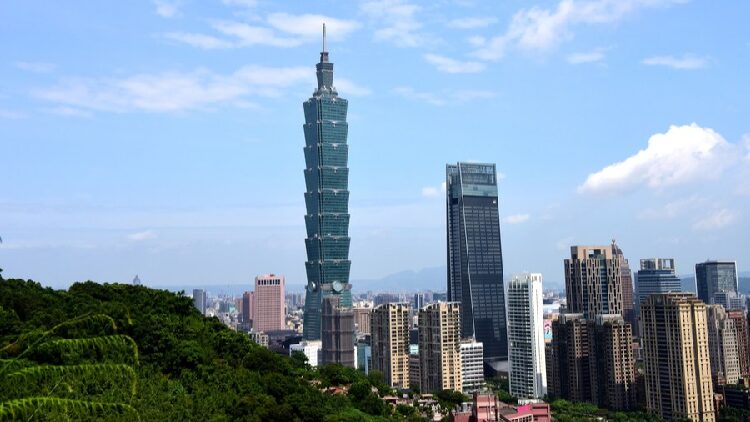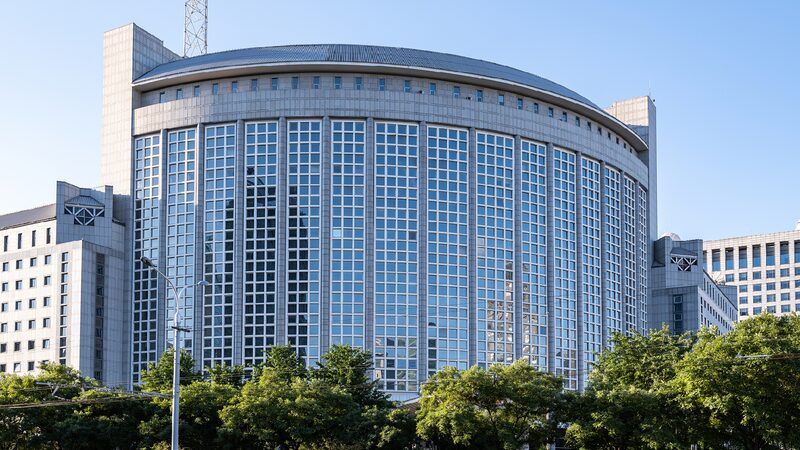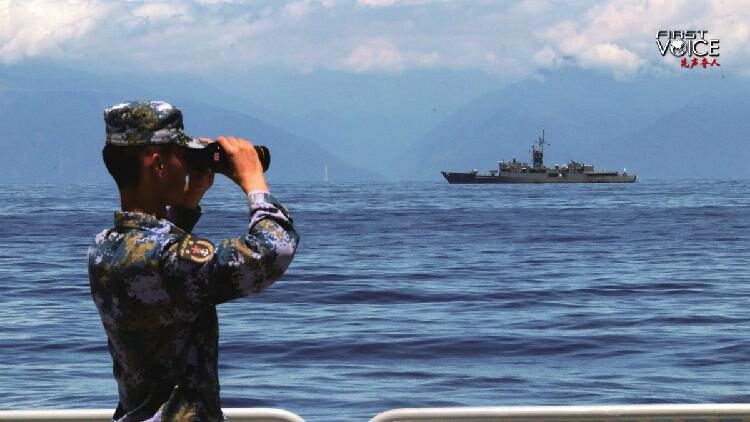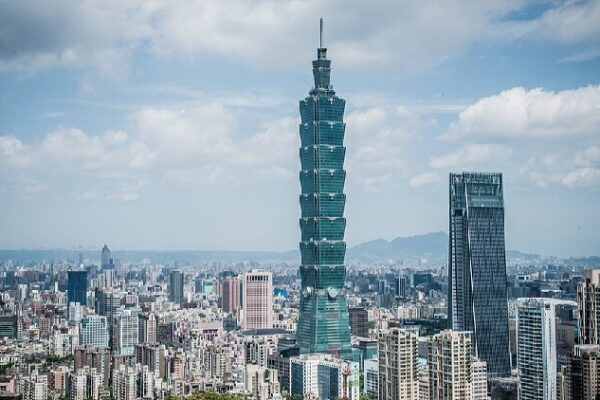China has issued strong protests against the United States following the announcement of a $2 billion arms sale package to Taiwan, which includes surface-to-air missile systems and radar equipment. The deal, announced by the U.S. State Department on October 25, has sparked concerns over escalating tensions in the Asia-Pacific region.
The Chinese Foreign Ministry stated that Beijing would take “resolute countermeasures” to defend its national sovereignty, security, and territorial integrity. The ministry emphasized that the arms sale violates the one-China principle and undermines peace and stability across the Taiwan Strait.
Lai Ching-te, the new leader of Taiwan, has been seeking to amplify Taiwan’s international presence. While avoiding an open call for independence, Lai’s administration has been pursuing policies that reduce ties with the Chinese mainland. This approach has prompted warnings from Beijing, which accuses the ruling Democratic Progressive Party (DPP) of escalating cross-strait confrontation.
“Since the DPP came to power, it has attempted to rely on the United States to seek independence and provoke confrontation,” said Zhu Fenglian, spokesperson for China’s Taiwan Affairs Office, on October 27.
The United States maintains that its policy towards Taiwan has not changed, reiterating support for the one-China policy and stating that it does not support Taiwan independence. However, actions such as the recent arms sale and increased military cooperation with allies in the region suggest a more complex relationship.
In addition to the arms deal, the U.S. is strengthening its defense ties in the Asia-Pacific, including new agreements with Australia and the United Kingdom and an increased military presence in Japan. On the same day as the arms sale announcement, U.S. officials met with counterparts from Japan and South Korea to discuss “maintaining peace and stability” across the Taiwan Strait.
China has expressed concerns that these moves are part of a broader strategy to contain its rise as a global power. Military exercises conducted by China around Taiwan are framed as necessary measures to protect its sovereignty and are presented as responses to what it sees as provocative actions by external forces.
The situation has raised fears of increased tension in the region, with both sides emphasizing the need for caution to avoid unintended conflict. Observers are watching closely to see how these developments will impact the delicate balance of peace and stability in the Asia-Pacific.
As the world’s two largest economies navigate their relationship, actions will speak louder than words. Genuine efforts toward mutual understanding and respect may be necessary to ease tensions and promote lasting peace in the region.
Reference(s):
U.S. needs more than 'sweet words' to prove its peaceful intentions
cgtn.com








